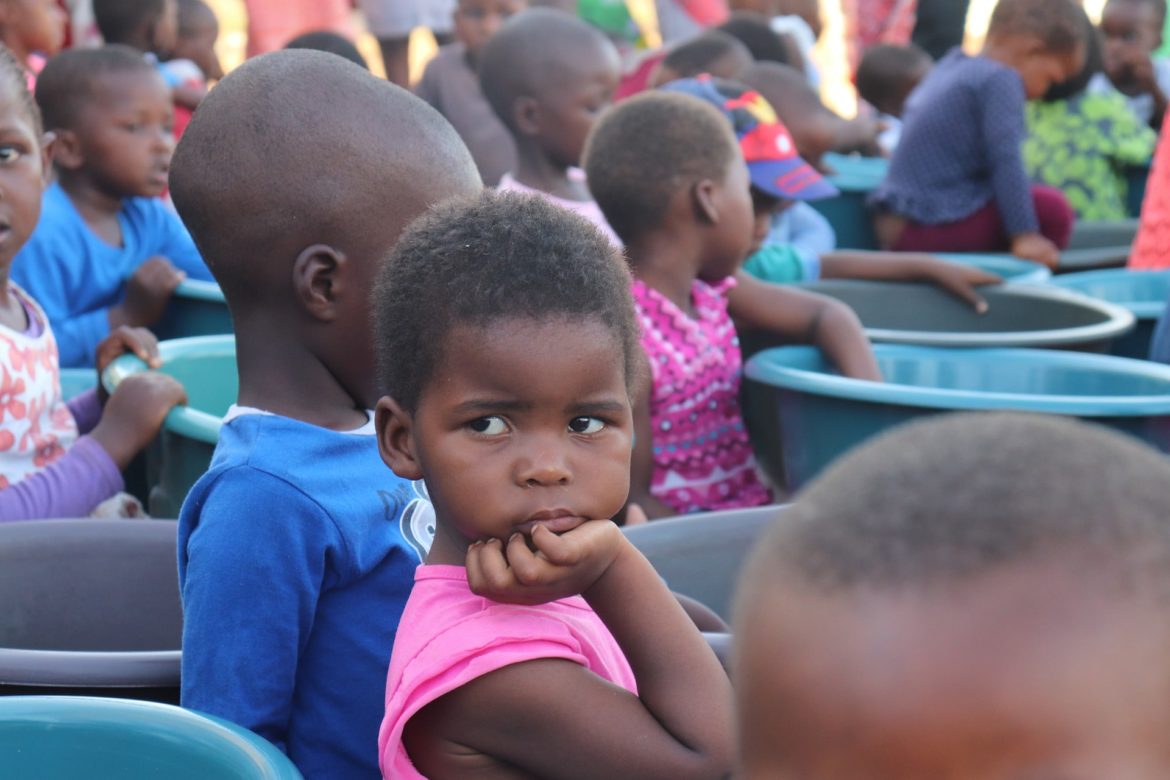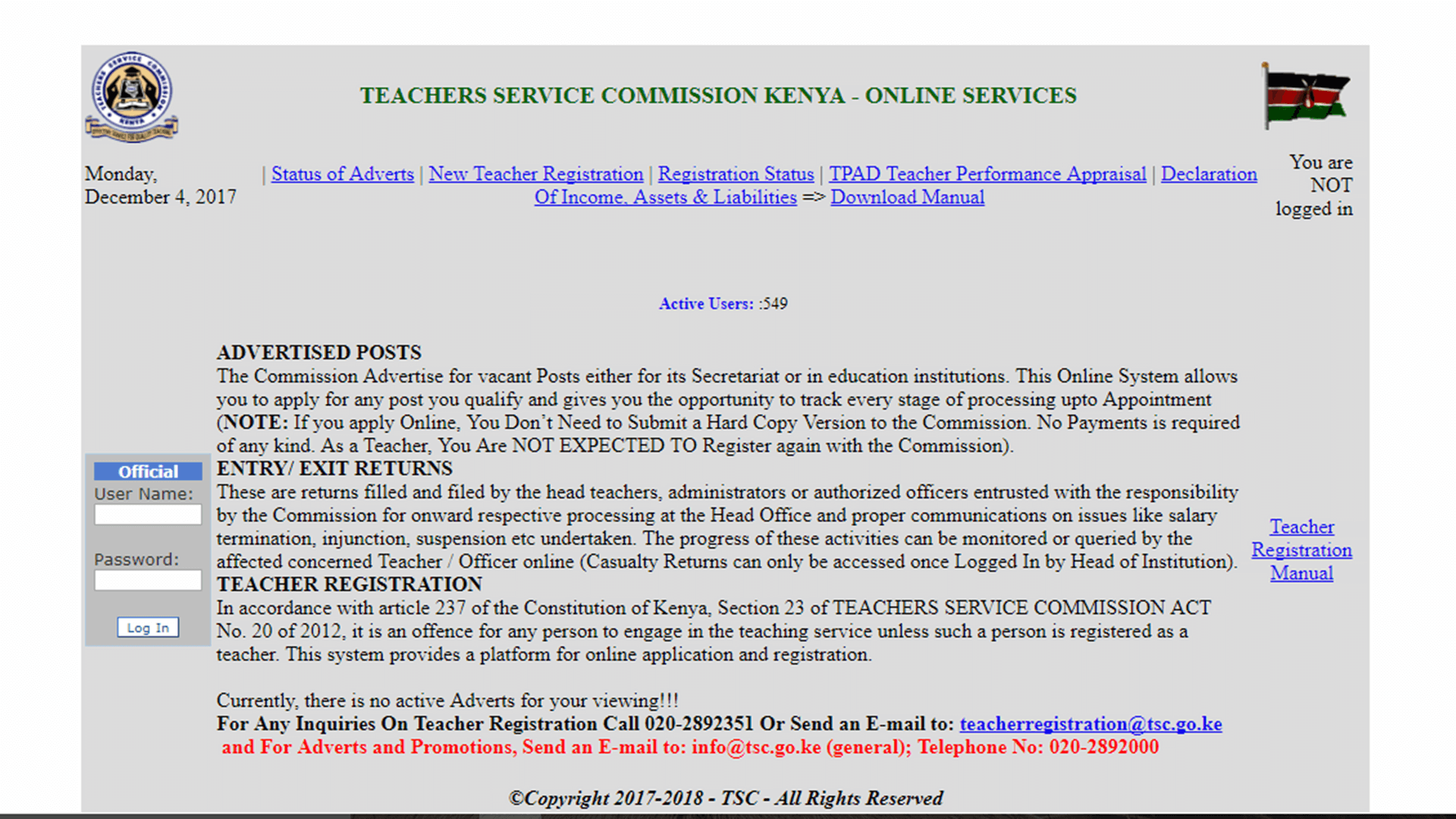In this article, I will guide you on how to adopt a child in Kenya. Adopting a child is meeting the needs of a child beyond the basics. Lawfully adopted children are yours only separated by blood and flesh.
Adopting a child in Kenya can be born out of several personal reasons. They can range from acts of compassion or filling out a gap of childlessness.
The adoption by law has the effect of transferring the parental rights and responsibilities to the adoptive parents and terminating the parental rights of the birth parents.
Requirements to Adopt a Child in Kenya
- To adopt a child in Kenya, you must be at least the age of 25 to a maximum of 65. If you wish to adopt the child as a couple, you must have been in the marital relationship for at least three years.
- A person who is married to the child’s parent with the other biological parent’s consent.
- A relative to the child if the relative has been taking care of the child.
- The age gap between the child and the adopting parent should be more than 21 years.
- The adoptive parent and the child must be resident in Kenya for six months at the time of the proposed adoption.
- The applicant should have the child granting continuous care for three months consecutively before submission of the application for the adoption order.
Adoptive child: Who can be adopted?
- The child to be adopted must be below the age of 18 years and residing in Kenya.
- He/she can be adopted as long as; The child is abandoned, and the whereabouts of the parents/guardians are unknown.
- The child is an orphan, and no guardian/caregiver is willing to take care of the child.
- The parents/guardians of the child have given consent for the child to be adopted (parent offer adoptions).
How to adopt a child in Kenya
The procedure for undertaking adoption in Kenya is regulated under the Children adoption Regulations. In Kenya, there are two types of adoption;
- Local adoption
- International adoption.
Local child adoption in Kenya
The procedure for undertaking a domestic adoption is as below:
1. Surrender of the child to an adoption society
The child-parent or guardian places the child who is to be potentially adopted, at the disposal of a registered adoption society.
The society then issues an explanatory memorandum where an acknowledgement form is attached.
The parent or guardian must sign and deliver to the society a certificate of acknowledgement in the prescribed form, indicating that he has read and understood the memorandum.
The adoption society after that accepts the child.
2. Orientation Meeting
Once you visit an adoption office, you will be taken through an orientation process. Here you will be given explanations and further details as far as the adoption is concerned.
3. Application
This is the second process after the orientation. Here, the adoption society looks into the whereabouts of the adopter.
This includes finding out why you need to adopt the child. Secondly, they will identify the family situation of the adopters, area security and confirm the sex of the child you want to adopt.
A prospective adopter forwards an application for adoption to the registered adoption society.
The society obtains a social worker who makes an appointment to visit the applicant’s home for purposes of knowing the prospective adopter better and to assess his accommodation to determine its suitability for the child.
After the visit, the social worker makes a report of his assessment in the form prescribed under the Schedule to the Adoption Regulations.
The adoption society also makes arrangements to obtain a medical report on the health of both the child and the adopter in the prescribed forms.
4. Matching and placement
At this stage, a social worker will consult with you and make arrangements on how you will meet the child.
This helps create a bond with the child, so they don’t feel you are a stranger afterwards. Kids are susceptible and can feel endangered when they fall into the hands of a stranger.
5. Fostering period
As the adoptive parent, you will stay with the child for three months to bond with the child. Also, in this period, the child learns to adapt to anew environment.
From time to time, the social worker regularly drops by to check on the relationship between you and the child. The social worker also looks at how well the child is adjusting to the new environment.
If successful, you will proceed to the next phase, which is the final.
6. Legal Process
The adopter makes an application for an adoption order to the High Court of Kenya;
The court may on its motion or upon the request of the adopter, appoint a guardian ad litem for the child pending the hearing and determination of the adoption application.
The court may reject the application. The adopter may appeal the decision to the Court of Appeal.
The court may grant the adoption order through making an entry in the Adopted Children Register.
Upon adoption, maintenance and education of the child, including all rights to appoint a guardian and to consent or give notice of dissent to marriage.
This processes are extinguished and become vested in and are exercisable by and enforceable against the adopter as if the child were a child born to the adopter inside marriage.
The children’s court finalizes on the adoption matters. The ability to support and educate the child is examined by the court which may or may not allow the adoption.
2. International adoption
This type of adoption is arranged by a foreign adoption society which has been approved by the Adoption Committee.
An international adoption society makes an application to a local adoption society. The application details include passports, marriage certificate, and the adopter’s medical certificate.
Documents submitted by the foreign adoption society will be authenticated by the Ministry responsible for foreign affairs in the country where the adopted child will reside and gain citizenship.
i. The process of international adoption
- The local adoption society must forward the application to the Adoption Committee within thirty (30) days from the date of receipt.
2. The Adoption Committee vets the application and either approves or rejects the same.
3. The Committee will then communicate to the local adoption committee within thirty days from the date of the decision being made.
4. In case of rejection, the domestic adoption society expresses the rejection of the foreign adoption society. The communication takes place within 60 days from the date of receipt detailing the reasons for the denial.
5. If the application is approved, the local adoption society communicates the approval to the foreign adoption society within 60 days from the date of receipt thereof.
Where the High Court grants an adoption order following an application by the adopter, the local adoption society notifies the foreign adoption society within seven days from the date of the making of the law. It may assist the adopter in obtaining the necessary travel documents for the child to facilitate departure from Kenya.
Child adoption societies in Kenya
If you are looking to adopt a child in Kenya, you can consider visiting the following societies for more guidance on adoption:
1. (KPPI) Kenyan’s to Kenyan’s Peace
2. Little Angels Network
3. Little Gems Agency
4. Child Welfare society
How to adopt a child in Kenya Conclusion
Adoption costs in Kenya range between Sh35,000 – 120,000, which include lawyers’ fee for Kenyan citizens. While foreigners pay an average price of about Ksh250,000.
While you may pass all other five stages of adoption, the court may prohibit you from adopting the child. Under Section 158 (3) of the Children’s Act, prohibits the making of an adoption order in favour of an applicant who:
- A person can be denied adoption in the case of a joint application where he/she is not legally married to the spouse.
- A sole foreign male applicant will also be denied adoption.
- The procedures for undertaking adoption in Kenya are very stringent as laid out above.
Besides the legal adoption, there is also kinship adoption. Here you can adopt a child who is partly related to you. This applies in the case of loss of both parents or one parent who is unable to meet the needs of the minor.




